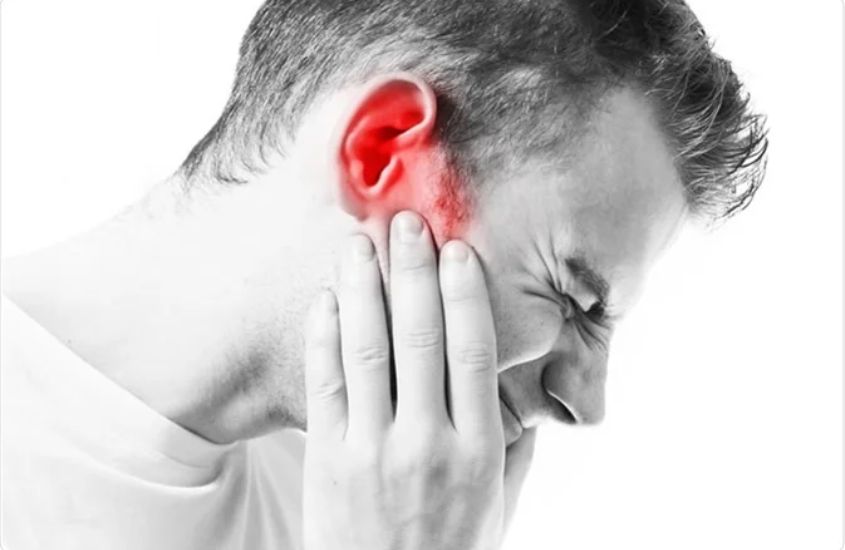Have you ever experienced a persistent buzzing sensation in your head? This blog post will delve into the various aspects of a buzzing head, including its causes, symptoms, and treatment options.
What is a Buzzing Head?
A buzzing head refers to the sensation of hearing a constant or intermittent buzzing, ringing, or humming noise inside the head. It can be a disruptive and distressing experience, affecting daily activities and overall well-being.
Causes of a Buzzing Head
- Inner Ear Issues: Conditions like tinnitus, Meniere’s disease, or otosclerosis can lead to a buzzing sensation in the head.
- Stress and Anxiety: Mental health issues such as stress, anxiety, or depression can exacerbate or trigger buzzing sensations.
- Medications: Certain medications, including antibiotics, antidepressants, and painkillers, may cause buzzing in the head as a side effect.
- Neurological Conditions: Disorders like migraines, multiple sclerosis, or acoustic neuroma can manifest with buzzing sensations in the head.
- Muscle Tension: Tension in the neck, jaw, or scalp muscles can contribute to a buzzing sensation due to increased pressure on nerves.

Symptoms of a Buzzing Head
- Persistent Ringing: Hearing a constant ringing, buzzing, or humming noise inside the head.
- Dizziness: Feeling lightheaded, dizzy, or off balance along with the buzzing sensation.
- Headaches: Experiencing headaches, often accompanied by the buzzing sensation.
- Difficulty Concentrating: Finding it challenging to focus or concentrate due to the buzzing distraction.
Diagnosis and Medical Evaluation
A medical evaluation may involve a comprehensive examination of the ears, neurological assessment, and possibly imaging tests like MRI or CT scans to identify underlying causes of the buzzing sensation.
See Also: Best Hampton Dumbells
Treatment Options for a Buzzing Head
- Lifestyle Changes: Managing stress, avoiding loud noises, maintaining a healthy diet, and practicing relaxation techniques can help alleviate buzzing sensations.
- Medications: Depending on the underlying cause, medications such as anti-anxiety drugs, antidepressants, or pain relievers may be prescribed.
- Therapy and Counseling: Cognitive-behavioral therapy (CBT) or counseling can be beneficial in addressing underlying psychological factors contributing to the buzzing sensation.
- Alternative Therapies: Techniques like acupuncture, chiropractic care, or sound therapy may offer relief for some individuals experiencing a buzzing head.
Coping Strategies and Self-Care Tips
- Noise Management: Using white noise machines or wearing earplugs in noisy environments can help reduce the impact of external sounds.
- Relaxation Techniques: Practicing meditation, deep breathing exercises, or yoga can promote relaxation and alleviate stress-related buzzing sensations.
- Healthy Lifestyle: Maintaining a balanced diet, getting regular exercise, and prioritizing adequate sleep can support overall well-being and potentially reduce buzzing symptoms.
When to Seek Medical Help
It’s essential to consult a healthcare professional if the buzzing sensation persists, worsens, or is accompanied by other concerning symptoms such as hearing loss, vertigo, or severe headaches.
Conclusion
A buzzing head can be a complex and challenging condition to manage, but with the right approach, including proper diagnosis, treatment, and self-care strategies, individuals can find relief and improve their quality of life. If you’re experiencing persistent buzzing sensations, don’t hesitate to seek medical advice for personalized care and support. Click Here
